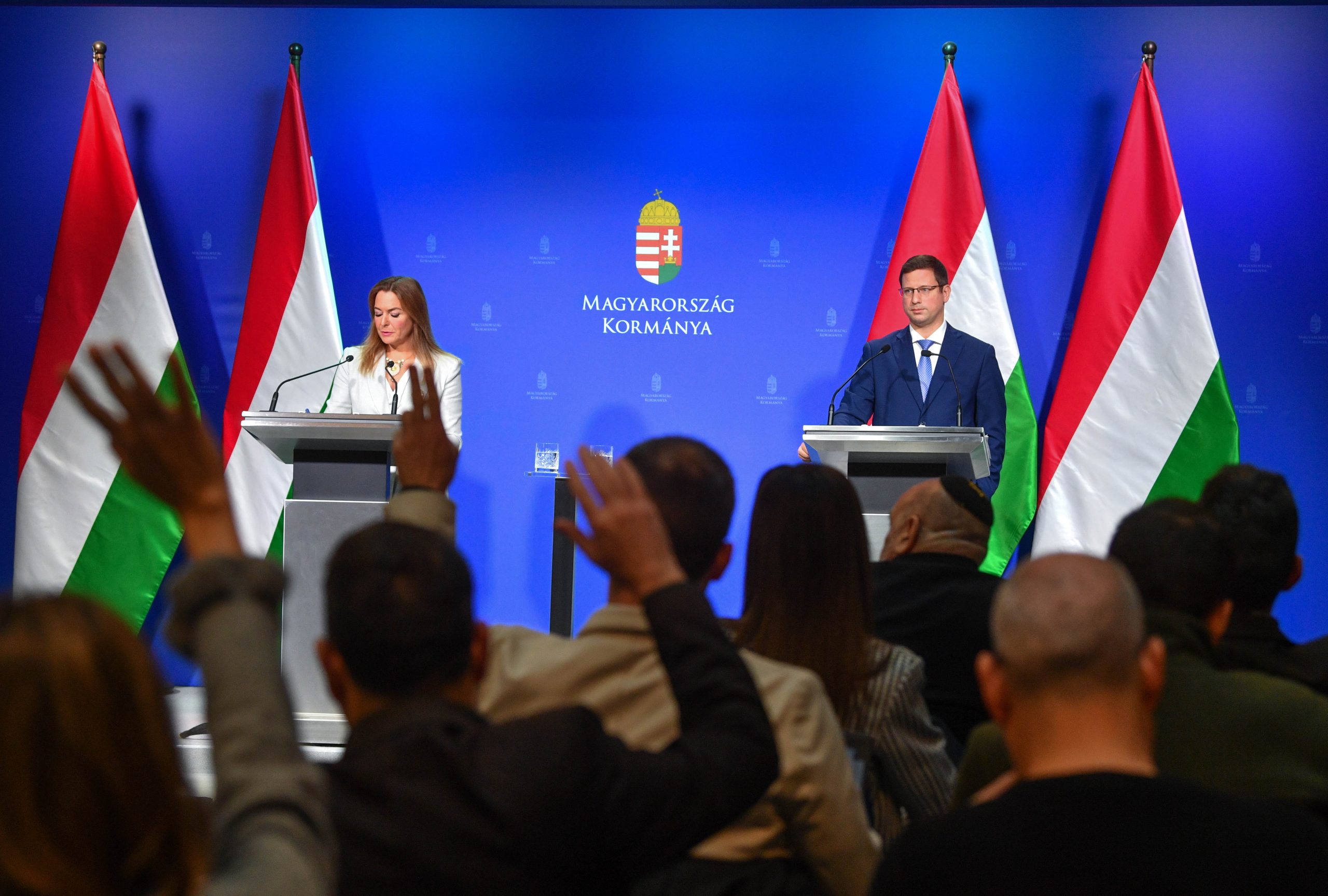
Hungary held the largest summit in its history last week.Continue reading

The Hungarian Presidency is not over yet, but its successes in the areas of competitiveness, integration of the Western Balkans, and Schengen enlargement are already visible. “Hungary aims to be a catalyst for change,” and will maintain the hope for change even after the presidency, emphasized EU Affairs Minister János Bóka on Monday at the annual meeting of the National Assembly’s European Affairs Committee.
2024 was a year of institutional and political transition in Europe, the minister said, explaining that “transition is an opportunity for change, and the Hungarian government’s main political objective is to be the voice of change.” According to János Bóka, change is needed because the European Union (EU) cannot guarantee the security of Europe and its immediate neighborhood.
The EU has not been able to develop a real strategy on the Russia-Ukraine war, it has just drifted with events while spending an increasing share of its resources on this conflict,
he pointed out.
European operators are struggling with over-regulation and administrative burdens that put them at a competitive disadvantage, he added. He noted that European companies pay two to three times higher electricity prices and four to five times higher gas prices than their competitors. “This is not real global competitiveness,” said the minister, adding that the European Union is currently facing the worst crisis in its history.
János Bóka also stressed that Europe is still unable to stop illegal migration and is facing the highest migration figures in recent times.
The minister said that 2024 was an important political lesson that the European Union does not give a perspective to agriculture. “Administrative burdens, the consequences of irresponsible market opening, and the regulations imposed on farmers in the name of the green transition put them at a competitive disadvantage,” he explained.
The EU has been struggling with these problems for more than a decade, but has failed to find solutions, which raises questions of institutional and personal responsibility,”
underlined the politician.
He also recalled that the EP elections this summer showed the need for change, with the emergence of stronger parties wanting change, but no new direction from the current leaders and institutional structures. “We have to force this change. If it is possible, it must be in cooperation with the institutions, and if it is not possible, it must be against the institutions. This is what I call, for want of a better word, constructive opposition behavior on the part of the government,” he explained.
Regarding the tasks of the EU Presidency, the minister said that
the Hungarian Presidency of the Council of the EU is acting as an honest mediator and in a spirit of loyal cooperation towards the EU institutions and Member States. “We do not always see this in return,”
he added.
He also noted that the competitiveness declaration adopted in Budapest was “an outstanding success of the presidency.” The declaration recognises Europe’s competitiveness decline at the level of Heads of State and government and calls on the EU institutions to put the competitiveness challenge at the heart of their activities in the coming years, he explained. He added that the document also identifies policy areas where he expects substantial progress to be made, such as the European defense industry and the banking and capital markets union.
Via MTI, Featured image: X/Bóka János